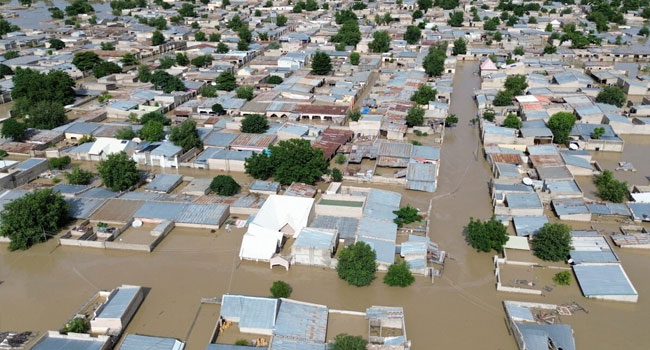The United Nations Office for the Coordination of Humanitarian Affairs (OCHA) on Monday launched a $29 billion “survival appeal” to address critical global needs, as the agency grapples with the most severe funding shortfall in the history of humanitarian relief.
UN Relief Chief Tom Fletcher warned that the international community is being forced into what he described as a “triage of human survival.”
“The math is cruel, and the consequences are heartbreaking,” Fletcher said.
“Too many people will not get the support they need, but we will save as many lives as we can with the resources we are given.”
The appeal is intended to support 180 million vulnerable people across 70 countries, focusing on life-saving assistance amid rapidly shrinking donor funding.
Fletcher described the plan as a “hyper-prioritised” strategy to focus on the most urgent humanitarian crises, based on pre-existing country-level response plans for 2025.
“We are not limiting aid to a static matrix,” he explained.
“Instead, we are addressing the most critical needs, in ways that respect the dignity of the people affected, giving them the choice to determine what they need most.”
According to OCHA, the two central goals of the appeal are:
- To reach people and places facing the most immediate and severe humanitarian needs.
- To prioritise life-saving support, ensuring scarce resources are used where they can make the greatest and fastest impact.
Fletcher also highlighted the deeper moral appeal behind the campaign.
“Brutal funding cuts leave us with brutal choices,” he said.
“All we ask is one per cent of what you chose to spend last year on war. But this isn’t just about money—it’s about global responsibility, about human solidarity, and a shared commitment to end suffering.”
This new appeal follows the Global Humanitarian Overview (GHO) launched by OCHA on Dec. 4, 2024, in Geneva, Kuwait City (in partnership with the Government of Kuwait), and Nairobi (in partnership with the African Union). The original GHO sought $44 billion in funding, but as of mid-2025, less than 13 per cent of that target has been received.
With crises deepening in conflict zones, climate-affected regions, and areas suffering extreme poverty, Fletcher’s message was clear: time and generosity are running out.


